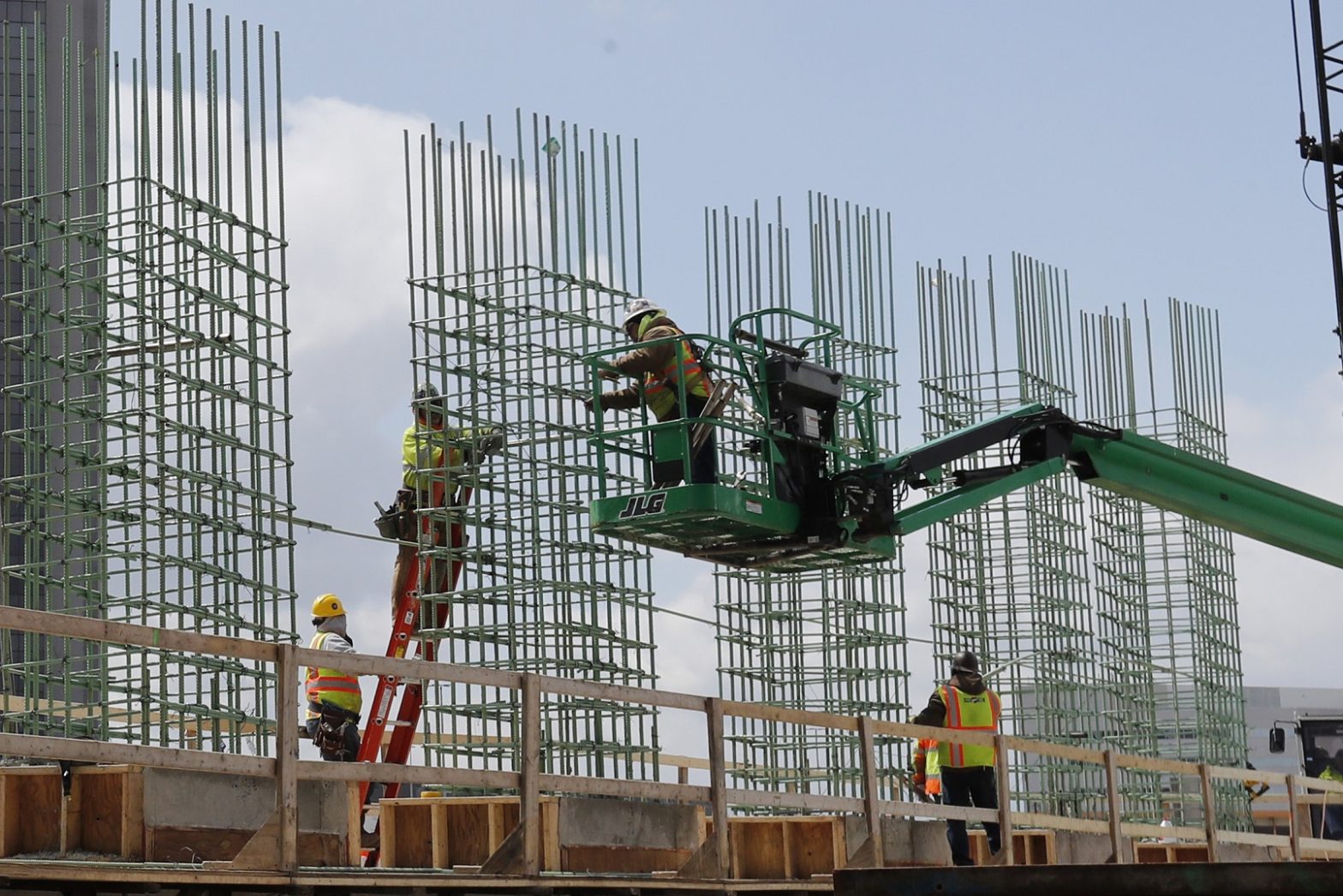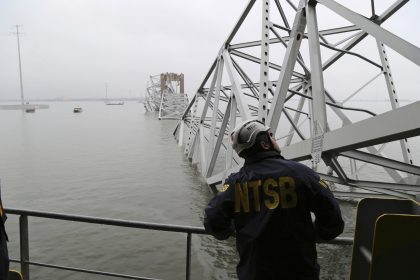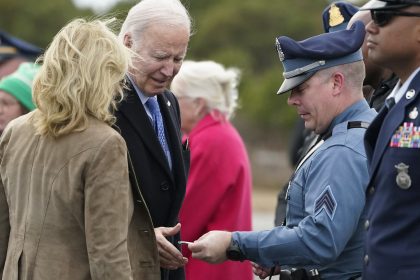Davis Moves to Expedite Major Infrastructure Projects

WASHINGTON – Rep. Rodney Davis, R-Ill., is looking to get ahead of what could be a prolonged debate over infrastructure priorities and has proposed streamlining and expediting the permitting process to get projects moving faster.
Davis is the prime sponsor behind the One Federal Decision Act, which would set a government-wide goal of limiting the time required for environmental reviews and authorizations for major infrastructure projects to two years, beginning with publication of a notice of intent to prepare an EIS through the issuance of a record of decision.
The bill would also require federal agencies to develop a single permitting timetable for environmental review and authorization decisions, and would mandate that all federal authorizations rely on a single environmental document.
The bill also requires agencies to make all decisions on authorizations – including permits – for a major project within 90 days of the issuance of a record of decision.
“America’s infrastructure needs are immediate and substantial,” Davis said in a written statement. “My legislation will ensure that we treat major infrastructure projects like the top priority they are, not a can that we kick down the road for years on end.”
Speaking of his home state, Davis said, “Illinois drivers don’t want the roads and bridges in Illinois fixed 5 or 10 years from now, they want them fixed today. With the One Federal Decision Act, we can move projects along quicker, save taxpayer dollars, create good paying jobs, and protect the environment all at the same time.
“We should all want a more streamlined, efficient government,” he added.
The text of the One Federal Decision Act can be found here.
Currently, a complex highway project takes an average of seven years just to clear the federal government’s review process needed for a project to advance.
Approvals for some large projects can involve many duplicative and overlapping documents and can require input from multiple federal and state agencies.
When one federal agency can take an average of 3.7 to five years to complete an environmental review, it’s no wonder that some approvals for critical projects have dragged on for decades, Davis said.
The congressman, who serves as the lead Republican on the Highways and Transit Subcommittee of the House Committee on Transportation and Infrastructure, estimated these project delays cost $3.7 trillion in foregone economic gains in employment and efficiency.
Stakeholders already supporting the One Federal Decision Act include the Laborers’ International Union of North America, American Farm Bureau Federation, U.S. Chamber of Commerce, and the Association of American Railroads.
“Permitting delays have long stood in the way of progress for rail infrastructure projects resulting in unnecessarily higher costs while also deferring public benefits,” said Ian Jefferies, CEO of the Association of American railroads.
“Railroads support the efforts of Representative Davis and his colleagues to preserve the integrity of the environmental review process while taking steps to reduce its cost and length.”
Davis recently met with President Biden at the White House to discuss the need for a bipartisan legislation that invests in infrastructure.
A letter from stakeholders in support of Davis’s efforts can be found here.























